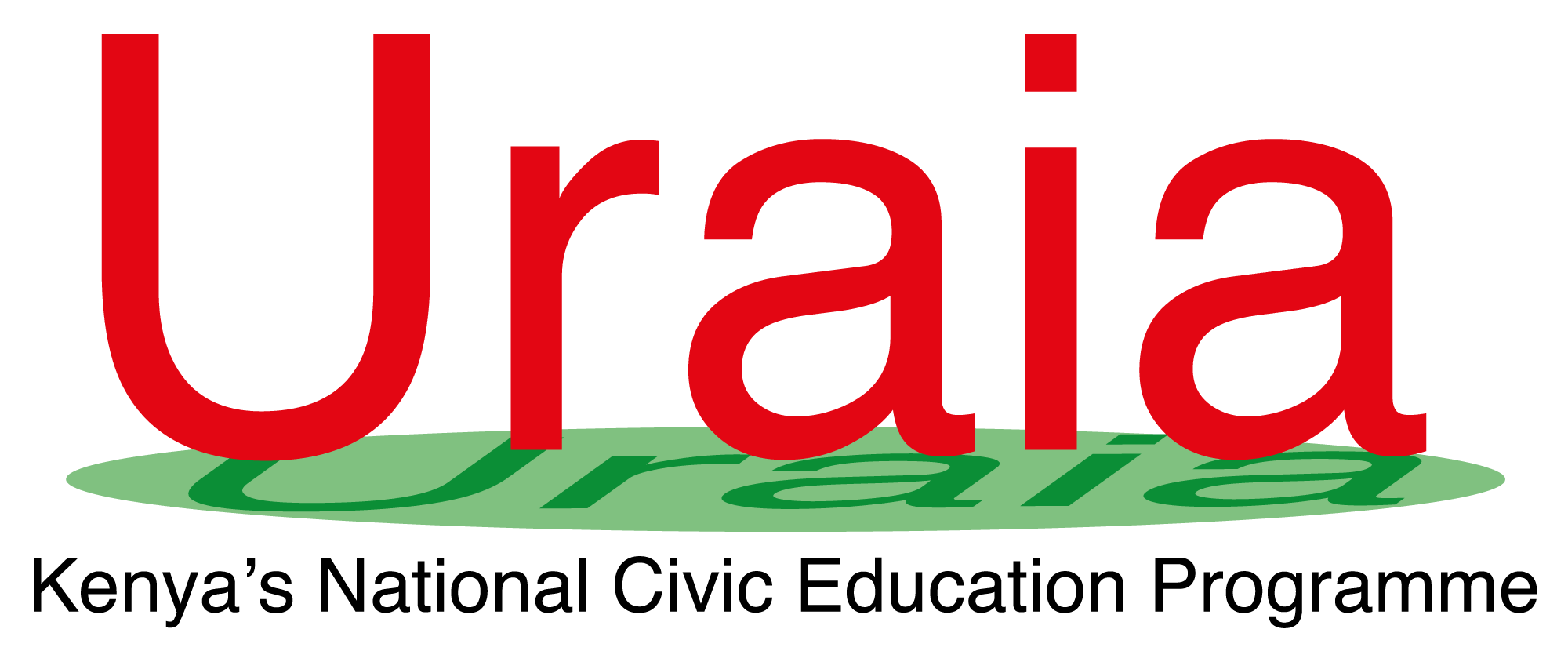The Consortia plays a key role in the country’s governance and development process, through ongoing advocacy and engagement with governance structures, while providing continuous civic education to citizens to enable meaningful engagement. Uraia’s Consortia is comprised of four partners. These are:
The Ecumenical Civic Education Programme (ECEP)
The Ecumenical Civic Education Programme (ECEP) is the mechanism for coordinating the civic education work of the two major church networks: the Kenya Conference of Catholic Bishops (KCCB) and the Protestant National Council of Churches of Kenya (NCCK).
The National Muslim Civic Education Consortium (NAMCEC)
National Muslim Civic Education Consortium (NAMCEC) comprises three CSOs: Kenya Council of Imams and Ulamaa, North Eastern Muslim Initiative and the Kenya Muslim Youth Alliance.
The Consortium for the Empowerment and Development of Marginalised Communities (CEDMAC)
The Consortium for the Empowerment and Development of Marginalised Communities (CEDMAC) was formed in 1999 as a platform of, and for civil society organisations, networks, and initiatives from marginalised communities striving for social justice and eliminations of all forms of discrimination. The CEDMAC constituency includes pastoralists, Muslims, ethnic minorities, hunters and gatherers, forest dwellers, urban slum dwellers, riverine communities and People living with Disabilities (PWDs).
The Constitution Reform and Education Consortium (CRECO)
The Constitution and Reform Education Consortium (CRECO) is a coalition of civil CSOs working on democracy, governance, legal and human rights issues. It was founded in 1998 and registered as charitable trust. Although, founded by legal and human rights NGOs, CRECO’s membership has evolved over the years. Currently the coalition is composed of CSOs working in different sectors, but with a common aim of promoting constitutionalism and good governance in Kenya.









